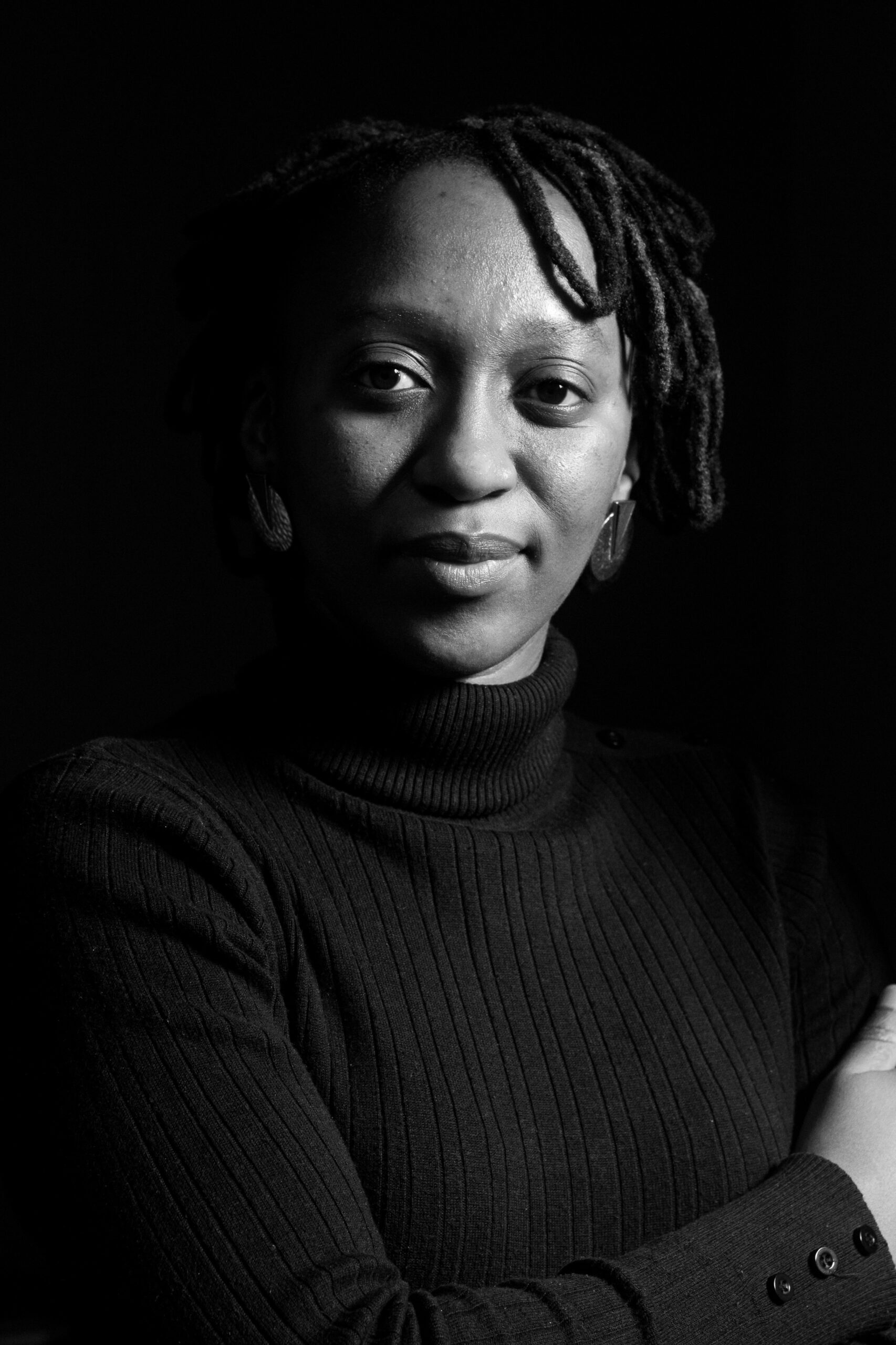
CAP COMMUNITY
Mandisa
Buthelezi
Words by Niamh Walsh-Vorster
Mandisa Buthelezi is part of the zeitgeist of South African photo makers re-imagining contemporary photography. Her images are informed by her culture and lived experiences of heritage and spirituality, all the while revisiting historical narratives. Her perspective on cultural history is a form of decolonisation of the photographic medium through reclaiming stories and elevating historical events with an African feminist lens.
In her series, UBhuku LukaMenzi, Buthelezi’s work establishes new narratives about the KwaZulu-Natal landscape, and shapes contemporary visual archives.
UBhuku LukaMenzi, revisits the story of Princess Mkabayi KaJama: King Shaka’s aunt, who was dismissed for presenting herself as a strong woman.
“I was really taken by the fact that she had so much power as a royal woman of the Zulu monarchy,” explains Buthelezi.
“She was in the centre of politics to such an extent that she appointed herself as regent of the throne because her brother, King Senzangakhona (King Shaka Zulu’s father) was too young to take over.”
The photos in UBhuku LukaMenzi are not reenactments, but new ways of approaching documentary photos, by introducing a narrative from another time. The photographs are black and white and graded with a granular texture. As a collection, the series translates as a visual story, with bits and pieces of the Princess Mkabayi legend. For instance: in one image there is a calm setting, with women doing each other’s hair. Juxtaposed to this is a frenetic frame with rising dust and dancing feet. If we are to connect the images directly to the story of the Princess, they can be read as moments of community followed by uprising in Mkabayi’s life.
This article has been revised to suit the Contemporary Archive Project, and was first published in the Mail & Guardian, titled Talking Bodies: Photographers use self-portraits to tell stories, 17 Oct 2020.